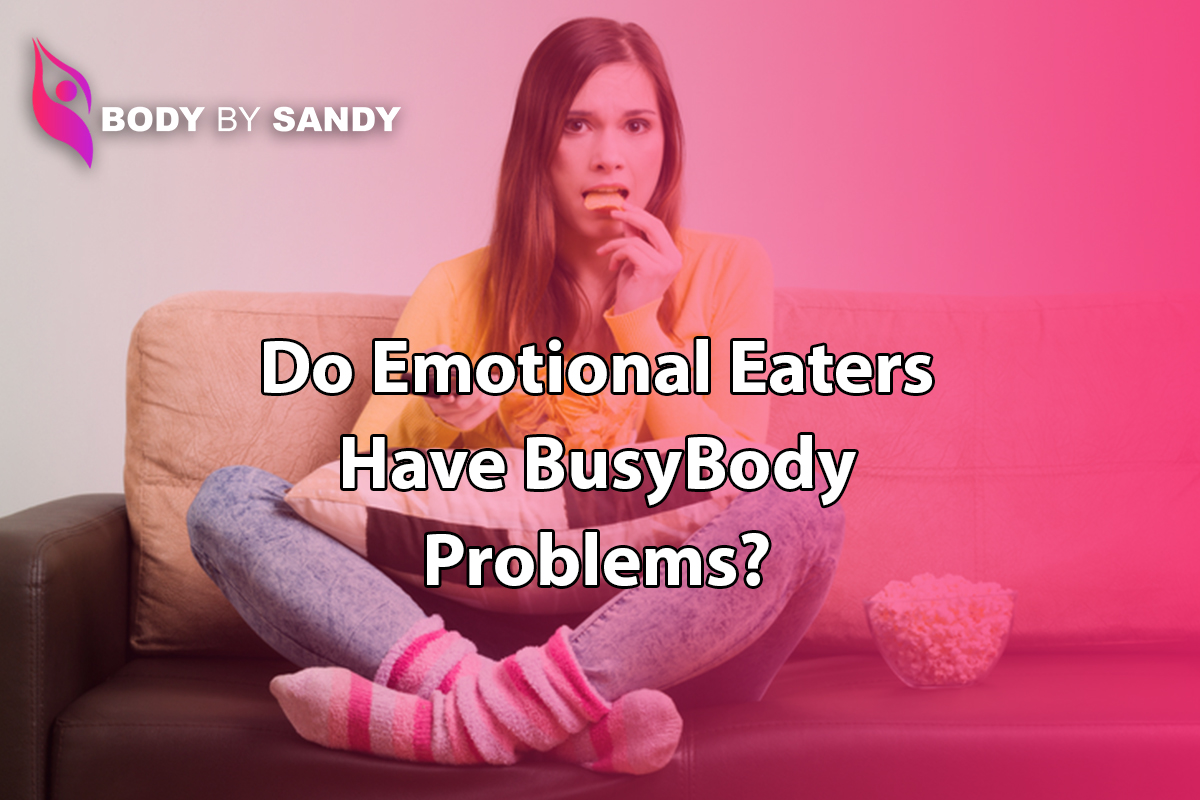Diabetes is a common but often misunderstood, disease. There are two types of diabetes: type 1 -- where the pancreas cannot produce insulin -- is usually diagnosed in childhood. Type 2 develops later in life. With type 2 diabetes, the pancreas can produce insulin initially, but the body can’t respond to it effectively. Insulin is responsible for creating glucose in the bloodstream. Glucose is needed both for immediate energy use as well as the transfer of energy as storage in fat cells and muscles to be used later.
● According to 2014 statistics, 422 million people around the world have been diagnosed with a type of diabetes. That makes up 8.5 percent of the world’s population.
● Diabetes increases a person’s risk of experiencing heart disease, stroke, kidney disease, nerve damage and eye disease.
● Preventable type 2 diabetes is more common than type 1. The Centers for Disease Control and Prevention estimates 90 to 95 percent of diagnosed cases of diabetes are type 2.
● Diabetes can cause blindness, carpal tunnel syndrome, kidney failure, digestive problems, erectile dysfunction, and amputation of the lower limb.
● Diabetes is the seventh-leading cause of death in the United States.
Assemble Your Team
Image via Pexels
No matter who you are and what your health is like, you are your most important advocate when it comes to your health and well-being. However, it can be a big help to have a trustworthy team of physicians you can rely on to check up on your whole-body health. Beyond a primary doctor, those with diabetes should also have a designated endocrinologist, dietitian, eye doctor, dentist, periodontist, and podiatrist.
Why a dentist, periodontist, and podiatrist? What a lot of people don’t know about diabetes is that oral and foot care are just as important as things such as hormone and blood sugar regulation. People with diabetes are more prone to gum disease, and one out of five cases of total tooth loss is linked to the disease. Those living with diabetes also must take certain precautions to protect their legs and feet such as wearing supportive footwear, performing low-impact exercises, and regularly seeing a podiatrist.
Adjust Your Diet
A healthy diet is crucial when it comes to living with diabetes. As the body is unable to regulate its blood sugar on its own, the patient must make sure what they consume won’t end up throwing them off homeostasis. A person with diabetes simply needs to eat the healthiest foods in moderate amounts and stick to regular mealtimes.
Some more things to consider regarding diet and diabetes:
● Limit the consumption of sugar and refined carbohydrates. Junk food including soda, candy, and packaged processed snacks should all be avoided.
● While artificial sweeteners won’t spike your blood sugar, they can still affect it and may even have a negative impact on your body’s insulin response.
● Eat a diet full of whole grains, fresh produce, lean proteins, and foods containing plenty of healthy fats such as flaxseed, avocados, and grass-fed beef.
● Look for healthier ways to prepare old favorites. For example, you can use an air fryer instead of a deep fryer. This device allows you to cook dishes with a fried-food taste without all the extra oil and calories.
● Cut alcohol out entirely. Alcohol wreaks havoc on your blood sugar, puts undue stress on your pancreas and increases your chances of developing health complications you are already at risk of developing due to diabetes. Alcohol also interacts with most diabetes medications.
● The best foods for diabetics are whole foods, mainly fruits and vegetables. Superfoods including steel-cut oats, broccoli, blueberries, fish, spinach, walnuts, quinoa and, yes, dark chocolate are highly encouraged.
● Lastly, spend some time researching mindful eating. This encourages you to pay more attention to what you’re eating, your cravings, and physical cues from your body that it’s time to push the plate away.
Keep in mind that it often takes dedication to make significant changes to your diet. As Zenbusiness.com points out, you can turn something into a habit by sticking with it every day for 30 days. So, if you feel like you’re struggling at the beginning, stick with it — this could become a healthy new habit in no time.
***
Diabetes affects millions of people around the world. The two most powerful weapons in a diabetic’s arsenal are a competent health care team and a wholesome diet. Beyond a general physician, a person with diabetes needs a designated endocrinologist, dietitian, eye doctor, dentist, periodontist, and podiatrist. Their diet should consist of mostly whole foods and regular mealtimes while avoiding processed carbohydrates and alcohol.
By Sheila Olson
















